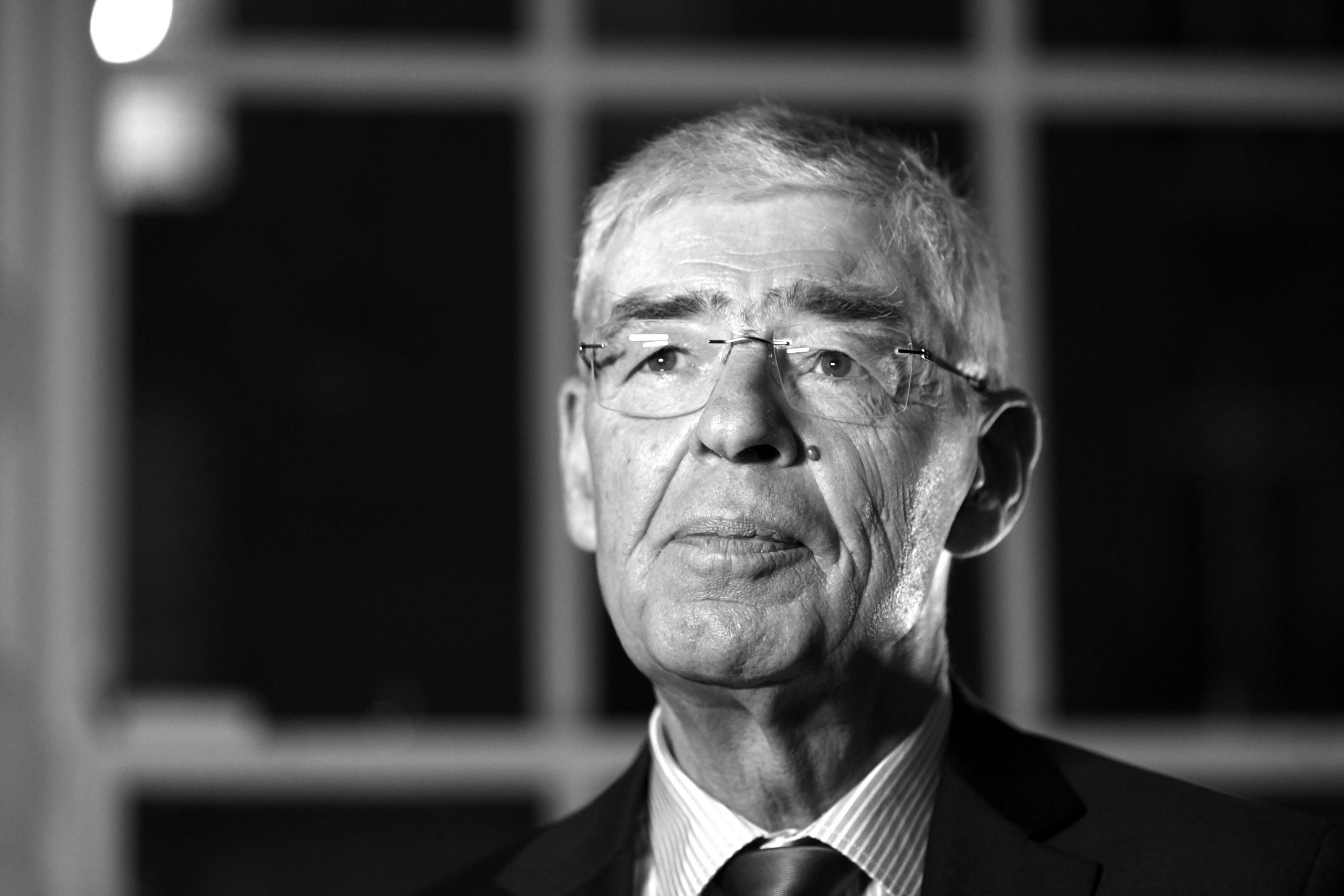Alan Dukes leans back in his chair. Tall and angular, Dukes is recalling the frenzied, dramatic period almost a decade ago when Sean Quinn lost both his sprawling manufacturing empire and his garland as Ireland’s richest man. Dukes was central to the story. A former leader of Fine Gael and a finance minister, he had catapulted back into public service to chair Anglo Irish Bank, the disgraced lender that had eroded the solvency of the state itself. It is eight years since Anglo, later renamed IBRC, sent in the receivers to seize control of Quinn’s borderland empire of glass factories,…
Cancel at any time. Are you already a member? Log in here.
Want to read the full story?
Unlock this article – and everything else on The Currency – with an annual membership and receive a free Samsonite Upscape suitcase, retailing at €235, delivered to your door.

